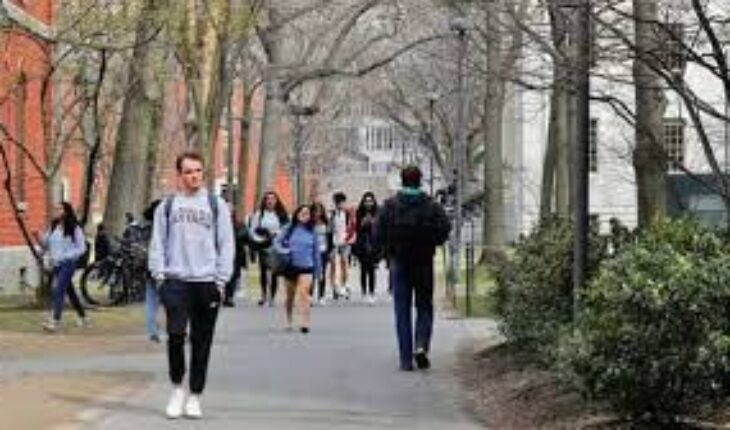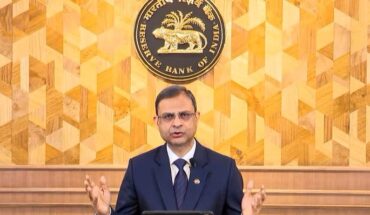The US will no longer issue visas to university students in programmes involving a substantial online component, starting in the fall 2020 semester. Had this policy withstood the legal challenge that was immediately mounted by Harvard University, the MIT, and over 200 other universities, it might have led to large numbers of students enrolled in such courses facing the risk of deportation and those intending to enter the U.S. for higher studies stranded abroad without options. The universities joining the case against the decision of the federal Immigration and Customs Enforcement argued in court that this policy, described as “cruel” and “illegal”, undermined their efforts to create a safe, online-based learning system amidst the raging pandemic. The administration has clarified that newly enrolling international students, possibly up to 200,000 across the US, will be barred from taking purely online courses while living in the country. Yet the battle will continue from the other side too — the judge in the legal case brought by the universities is keeping the case open, implying that arguments could be made against additional restrictions. For Trump, his administration’s immigration sagas will only ratchet up the pressure on him to perform and deliver during what he probably considers the hardest year, politically, of his first term. On the one hand, he is facing a sharp legal backlash in the realm of immigration policy, not only in the case of students taking online courses but also on his ban on the issuance of H-1B visas for skilled workers and several other worker visas. Second, his job approval ratings are on the decline in the face of his government’s mismanagement of policy to contain the spread of COVID-19, the ineffective steps it has taken to bolster the economy, and a surge in racial violence.
Policy retreat on student visas will cost the US dear
Published Date: 29-07-2020 | 6:15 am





